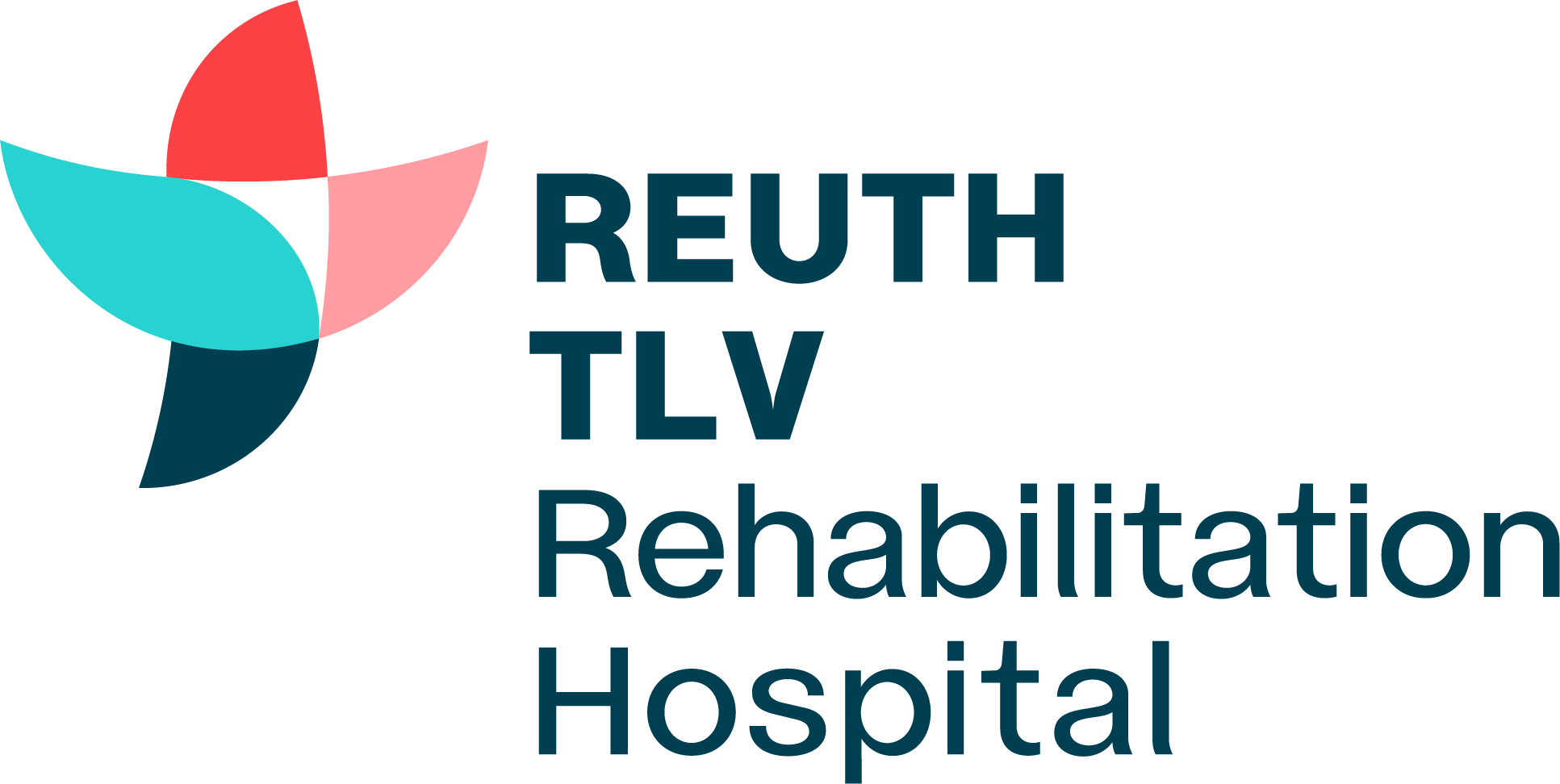A head injury – whether based on a CVA or based on brain trauma – totally changes the patient’s life and at the same time also the lives of their family members and friends.
Often, during the turbulent period after the injury, the medical and rehabilitation teams focus on the patient’s current condition and needs.
When a patient and his family ask what is going to happen, we answer “patience“. This is the most recognized word for anyone who is undergoing a rehabilitation process, and we know that it is a very insufficient response. I do not know of any patient who is not worried about how his continued life will look. I don’t know any family members and supporters who are not concerned about the future, who ask themselves what is going to happen next, how can we help a beloved person who has been injured to get back to himself, how much could he improve and how far could he go. I am aware of the fact that there is more than one correct answer to all of the above. However I believe that during the rehabilitation process the patient and his family can undergo a significant process and receive tools for continuing to cope with their expectations of life.
As a rehabilitation physician I have also seen that it is possible to learn a lot from the methods of coping by others in similar conditions. When patients ask me “what will happen with me?” I refer them also inter alia to several books and films that had a considerable effect on me and caused me to think how little we actually understand about the recovery process of the brain.
Hereinafter is a short list of content which in my opinion could help and be of interest to people after a brain injury, with the hope that you and your acquaintances will find them beneficial.
- “Man going home” – a book by Yoram Eshet Alkalai, at present a professor in education and a doctor of geology, who during the Yom Kippur War, as a young soldier, was fatally wounded including a serious head trauma. In the book Eshet describes the rehabilitation that he underwent, his insistence on returning to his daily life and to train his brain to return to the academic world and to being a fully functioning family man notwithstanding the serious trauma that he had undergone.
- “My Stroke of Insight” – Jill Belote Taylor, an American brain researcher who at age 37 had a CVA of the left side of the brain and suffered from aphasia and weakness of the right side. After an impressive rehabilitation process she gave a TED lecture about the process that she had undergone, which became one of the most prevalent lectures in the world in the field, and she also published this book. Her TED lecture is available on the internet and it has been translated into many languages, including Hebrew and Arabic.
https://www.ted.com/talks/jill_bolte_taylor_s_powerful_stroke_of_insight
- “My Beautiful Broken Brain” – an extraordinary documentary film which is available on Netflix, created by Lotje Sudderland, a 34 year old woman after a stroke that left her with aphasia. She started to make the film during the rehabilitation process when she was still unable to speak.
- “The Brain that Changes Itself” – a book written by Norman Doidge, a Canadian psychiatrist, about significant advances in the research of the brain at present, and a sequel by the author to “The Brain’s Way of Healing”. Both books combine innovative research information alongside an abundance of therapeutic emotion and empathy.
- “The Crash Reel” – a documentary film following the rehabilitation of Kevin Pierce, one of the best snowboarders in the world, after a serious head trauma that left him as a different person. The name of the film is Crash Reel, and it was broadcast on Yes Docu in Israel.
- “Everything’s In Your Head” – a book written by Tal Federman, a young architect who suffered a CVA and “spent” 8 months in rehabilitation in the Loewenstein Hospital – interesting experiences and considerable determination, in the first person.
The information presented in this article is general. It does not constitute medical advice or replace consultation with a physician. It should not be regarded as a recommendation or an alternative for medical treatment.
The information presented in the English website is partial. For full info please visit our Hebrew website

 donation
donation 




“Reuth Information Center”, All rights reserved to Reuth rehabilitation hospital. Reuth Information Center is an informational site only. All information on the Website is not a replacement or a substitute for medical, legal, economic, consumer, financial or other advice and any use of the information on the Website is solely the responsibility of the User. Surfing is subject to Terms of Use.